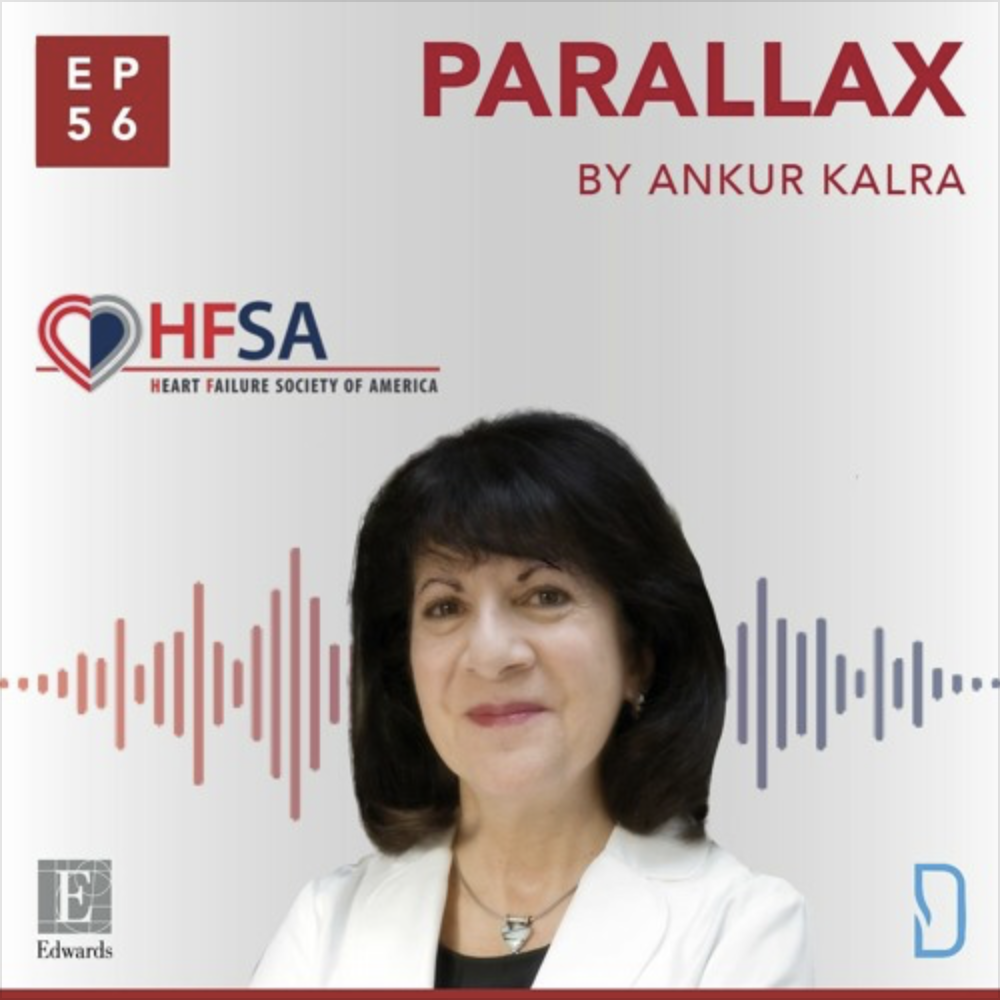
This week’s Parallax in collaboration with the Heart Failure Society of America (HFSA) explores the many ways organisations can embrace the needs of a diverse community and create a culture that can react to the realities of patientcare.
Host Dr Ankur Kalra’s guest is Dr Nancy M. Albert, Immediate Past President of HFSA and Associate Chief Nursing Officer of the Office of Research and Innovation at the Cleveland Clinic.
In this episode, Dr Albert reflects on the society’s work to cater to the needs of its multidisciplinary members. Dr Kalra asks Dr Albert about HFSA vision statement and the different factors that were considered to put words into actions. They discuss the importance of recruiting a diverse group of volunteers. Dr Albert shares her experiences as a mentor and her tips on how to foster talent, including nurses and other advanced practice providers. How can people get involved with HFSA? What mentorship opportunities are available? How has HFSA fostered deeper involvement of early career members? What is Dr Albert’s message to our listeners?
Questions and comments can be sent to “podcast@radcliffe-group.com” and may be answered by Ankur in the next episode. Guest @nancy_m_albert hosted by @AnkurKalraMD. Produced by @RadcliffeCARDIO.

Brought to you by Edwards: www.edwardstavr.com
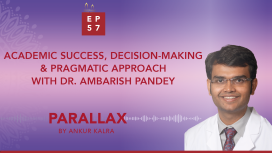
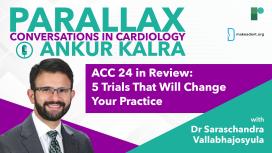
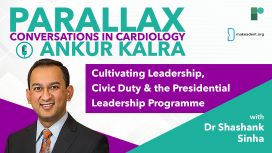
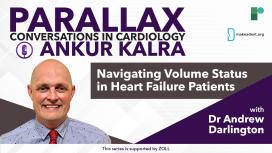
Together, Dr Kalra and Dr Darlington delve into the significance of assessing volume status in patients with heart failure, highlighting its continued relevance in 2024, including the availability of new diagnostic tools, including the Heart Failure Management System (HFMS).
This series is supported by ZOLL and is intended for Health Care Professionals.
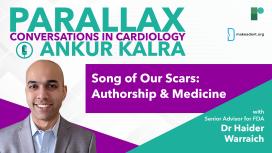
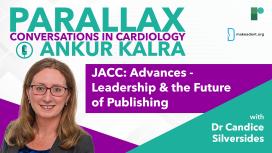
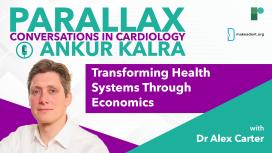
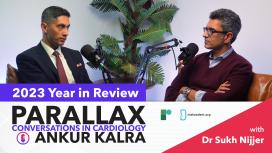
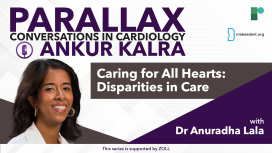
This series is supported by ZOLL and is intended for Health Care Professionals.
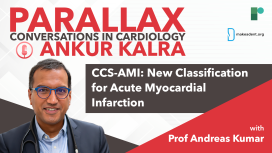
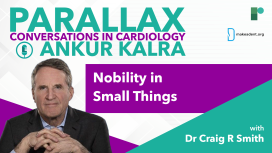

Parallax’s guest this week is Dr Eric David Adler, Medical director of heart transplant and mechanical circulatory support at UC San Diego Health.

How did Dr Gragossian receive her diagnosis? How does she feel about her new reality? What drives her? What is her message to our listeners?

Just after 9/11, Heval, the 18-year-old Syrian Kurdish refugee found a job as a dishwasher. At this point, he was the sole provider of his family. The pressure that comes from being poor did not leave him for many years. Today, he is firm believer in giving back to underserved communities by spreading awareness within the medical community. As he says, well-meaning people of privilege are sometimes afraid to act. What we need is more people to bridge the gap and find ways to help each other.

What drives Dr Nishtha Sodhi? What were the formative moments of Dr Sodhi’s career? What are the new frontiers of cardiology?






